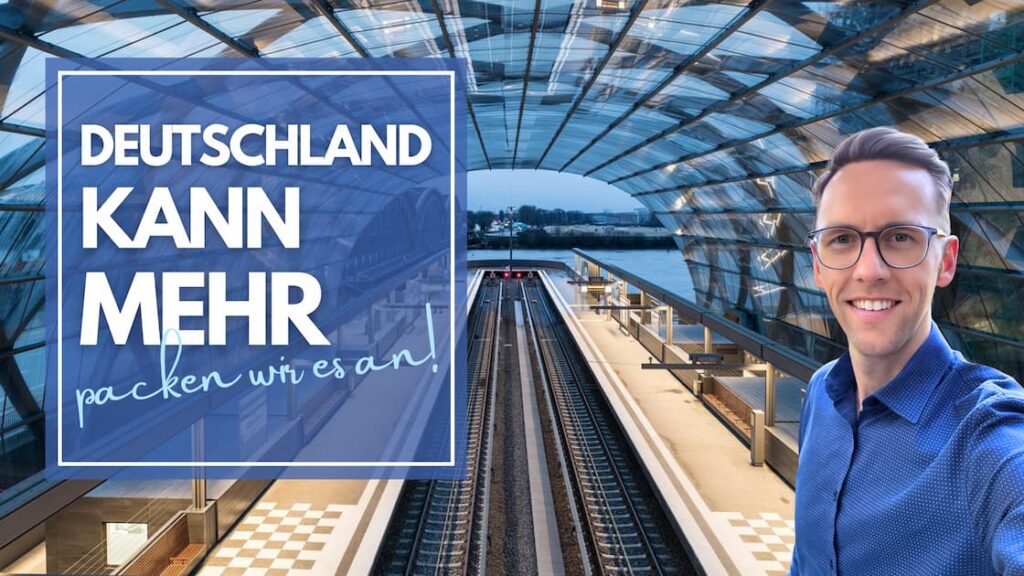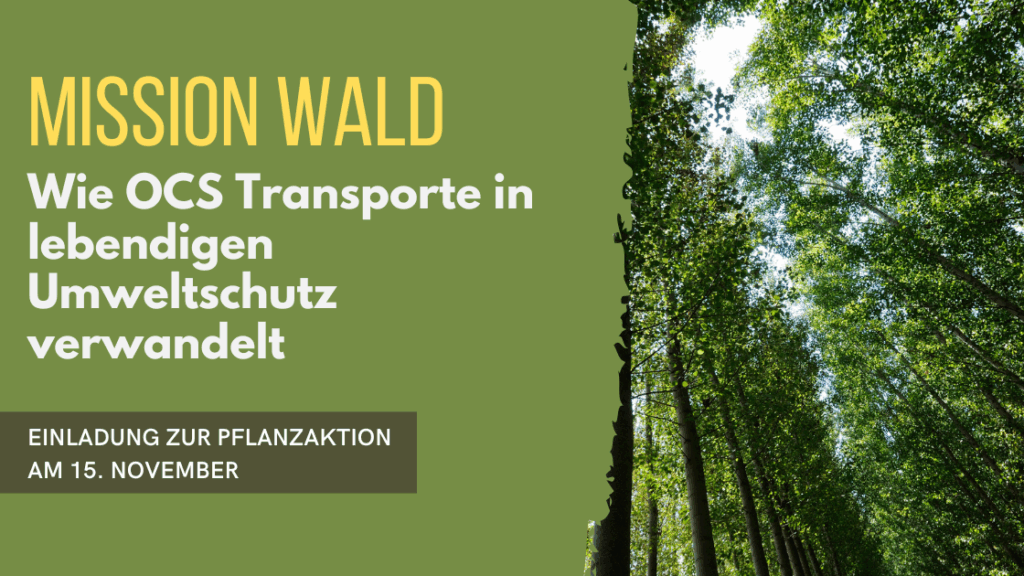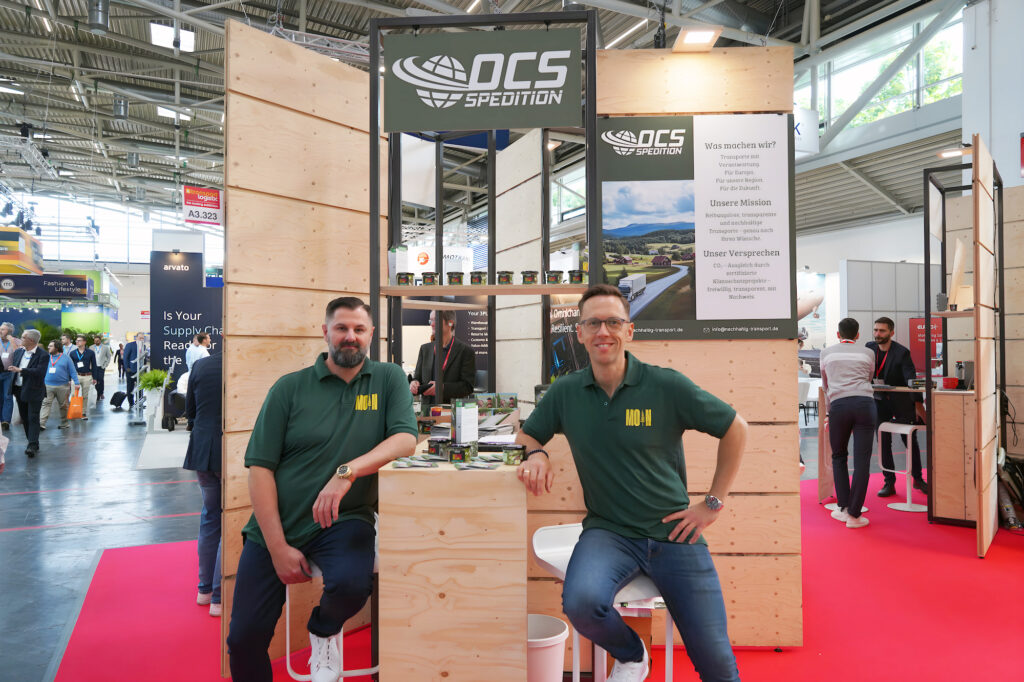The root of the protest: cuts and rising costs in agriculture and logistics
The triggers of the current protests are primarily a reaction to the cuts in so-called “diesel subsidies”, which are actually tax refunds. Farmers mainly travel on arable land and private roads, which is why they can receive reimbursement for the amount used to maintain the transport infrastructure. Basically, both parties, i.e. farmers and logisticians, are faced with the problem of high diesel prices. Farmers can request a refund of part of their taxes. However, haulage companies do not receive any refunds and are additionally burdened with a doubled motorway toll and the new CO² emissions pricing. These additional costs inevitably lead to higher transport prices, and thus to rising prices for services and products. This in turn drives inflation further. There is also a fear that retailers will use this situation to disproportionately increase prices in supermarkets, which will place further burdens on end consumers.
Burden on agriculture by bureaucratic hurdles
The protests by farmers are not only about the cost pressure, but also for the flood of bureaucratic duties that apparently aim to transform every farmer into a part-time bureaucrat. From the meticulous documentation of herbicide use to the detailed obligation to provide evidence in fertilization and animal husbandry - farmers are increasingly encountering the regulations that lead to great bureaucracy. In addition, there are regulations on the use of fertilizers and pesticides as well as instructions on how to look for agricultural areas, including the obligation to shut down 4% of the areas for environmental protection measures. All of this, while they only want to do their real job: produce food locally. These requirements, combined with the pressure to achieve the same yield despite reduced acreage and to meet the price specifications of the discounter, create an almost Kafkaesque situation. Thanks to politics, German farmers are becoming increasingly worse, especially compared to international competitors who have less regulatory hurdles and lower labor costs.
The bureaucratic burden in the logistics industry
The German logistics company is also affected by the bureaucratic burden, which has continued to increase in recent years. Not least through the regulations of the Mobility Package II, which was actually intended to provide the German transport industry with better competitive conditions. How well these regulations are (can) be monitored by the authorities in Germany is another chapter. In addition to the retention requirements for transport documents, the GDPR, , also creates administrative effort without adding value.
A document containing personal data cannot simply be archived for 10 years, as the principle of proper accounting requires. At this point, an entrepreneur can perhaps also express his creativity, because compliance with such contradictory regulations can sometimes lead to despair. Since 2023, freight forwarding companies have also had to meticulously record working hours and drivers' driving and rest times have had to be documented for a long time.
In addition, driver card data, which is only stored for 28 days, must be read out and archived regularly. As the icing on the cake, there are a variety of other documentation and retention periods to consider, from transport insurance documents to general employee documents. It almost seems as if a completely different discipline has to be mastered in the transport industry in addition to transporting goods: an Olympic-level bureaucratic obstacle course. German haulage companies in a dilemma between ecology and economy
climate-neutral by 2045 , the declared goal is to significantly reduce CO2 emissions in freight transport by 2030. In a price-sensitive market like logistics, this political wish seems almost like a farce. German trucking companies are fighting for every cent to keep up with Eastern European competitors while politicians expect them to convert their fleets to expensive electric trucks. These vehicles cost three times as much as a conventional truck, and as if that wasn't enough, the state is also cutting funding for climate-neutral trucks . Logistics companies in this country are faced with a dilemma: environmental protection without sufficient support versus competitiveness. Meanwhile, Eastern European companies, which are subject to less government environmental regulation, are increasingly taking over market share - a paradoxical scenario that undermines both environmental protection and the domestic logistics industry. The question arises as to whether climate protection is actually still the focus here. This vicious circle puts the logistics industry in a precarious position and raises a burning question: How long can this balancing act between ecological responsibility and economic reality be sustainable?
Conclusion
All obligations and regulations are now so complex that many companies have to in order to find their way through this jungle and be able to work in accordance with the law.
With costs constantly rising and real wages falling, the danger that companies, be it in agriculture or logistics, will no longer be competitive will soon no longer be a danger, but a certainty. We are convinced that both agricultural activities for food production and the logistical added value for #frictionlesslogistics should largely be generated within an economy.
This is also underlined by the parallels between agriculture and logistics, which is probably why there is so much cohesion here. This requires far-sighted politics and support from all sides in order to reach a consensus and find truly sustainable and environmentally conscious solutions. To do this, you have to sit down at the table with everyone involved and look at and discuss problems in a solution-oriented manner. Neither farmers nor logisticians want to shirk their responsibility towards the environment and they are very interested in using scientific knowledge and methods to save money and at the same time protect the environment.






